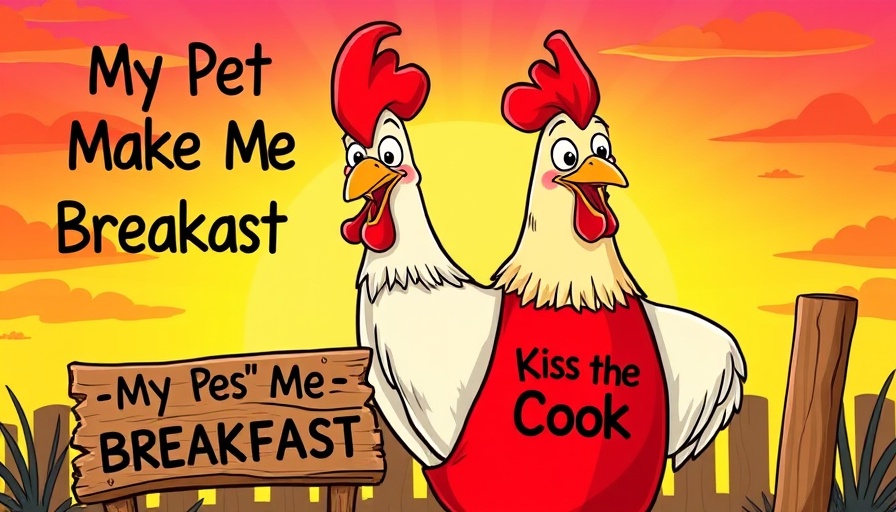
Understanding the Signs of Illness in Chickens
Chickens, like all living beings, can experience a range of health issues that manifest through various symptoms. Common indicators of sickness include lethargy, reduced appetite, changes in droppings, and the presence of respiratory distress. As a responsible chicken keeper, being able to identify these early signs is essential for quick intervention and care.
Common Ailments That Affect Chickens
Various diseases can afflict chickens, from viral infections to bacterial illnesses and even internal parasites. For example, Infectious Bronchitis is a viral disease that affects a chicken's respiratory system, while Coccidiosis is a parasitic infection that typically presents with bloody diarrhea. Understanding these common ailments and their treatments can mean the difference between recovery and serious health concerns.
Immediate Actions for Your Sick Chicken
If you notice any symptoms, the first step should be to isolate the sick bird from the rest of the flock to prevent the potential spread of disease. Ensure that the chicken stays hydrated and provide a comfortable, clean environment for recovery.
Connecting with a Veterinary Professional
While general care is critical, consulting with an avian veterinarian is vital for accurate diagnosis and appropriate treatment plans. They have the expertise to prescribe medication and provide insights based on modern medical research, which can significantly improve health outcomes for your sick chicken.
Preventive Measures and Best Practices
In addition to prompt treatment, maintaining good hygiene, providing a balanced diet, and ensuring proper living conditions can significantly reduce the chances of illness in your flock. Routine health checks and vaccinations are also part of a proactive health strategy.
Conclusion
Paying close attention to your chickens’ health can yield surprising benefits not only for the birds but for your overall flock dynamics. By taking immediate action when you notice symptoms, consulting a veterinarian, and adhering to best practices in chicken care, you can ensure a healthy, thriving environment for your feathery residents.
 Add Row
Add Row  Add
Add 




Write A Comment